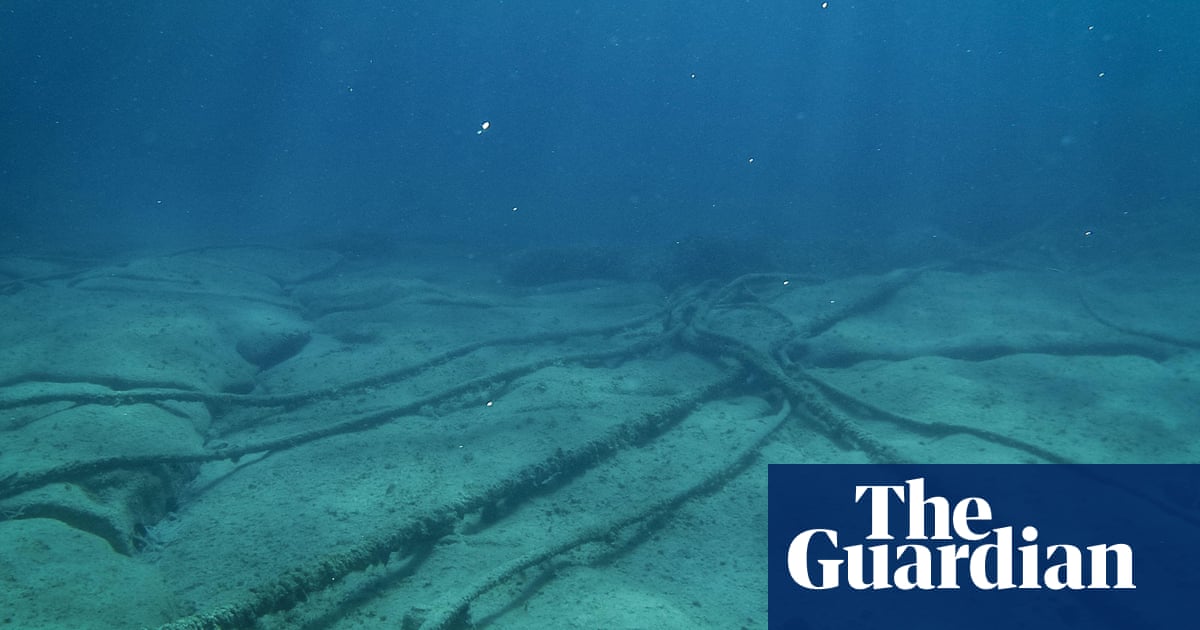World
Santos sued by its own shareholder in world-first greenwashing case

A world-first greenwashing case that seeks to hold oil and gas company Santos accountable for its net zero commitments began in the federal court today, brought by one of its own shareholders, the Australasian Centre for Corporate Responsibility (ACCR).
The organisation claims Santos did not have a proper basis for saying it had a clear pathway to reduce emissions by 26% to 30% by 2030 and reach net zero by 2040, which constituted misleading or deceptive conduct in breach of Australian corporate and consumer laws.
“We’ll be submitting that Santos lacked reasonable grounds for making these statements,” the centre’s barrister, Noel Hutley SC, said as a 13-day trial began on Monday.
In addition to emissions reductions targets, the case was expected to focus on the company’s representations related to its description of natural gas as a “clean fuel” and representations of blue hydrogen (produced using natural gas with carbon capture and storage) as “clean” and “zero emissions”.
Hutley told the court Santos’s climate change “plan” was not a plan at all, but rather “little more than a series of speculations … cobbled together in a matter of weeks”.
The centre holds shares in firms such as Santos to try to force them to meet the goals of the Paris Climate Agreement, an international treaty on climate change that was signed by the majority of nations, including Australia, in 2016.
Santos, which has operations in Australia, Papua New Guinea, Timor-Leste and the US, has been accused of “greenwashing” through claims it could help Australia meet the Paris target of net zero emissions by 2040.
Hutley referred to documents that indicated Santos was aware that hydrogen production would increase its direct emissions, which he said wasn’t adequately reflected in its reports and net zero roadmap.
Neil Young KC, representing Santos, disputed the nature of the documents and how they were being interpreted.
He said investors would have understood that not everything included in the roadmap was an established project. They would have also been aware that a “step change” transformation was required to support the development of markets for hydrogen and carbon capture and storage, he said.
after newsletter promotion
Santos’s claim that natural gas was a clean fuel related to the fuel’s role as a transition fuel and the relative greenhouse emissions compared to coal, he said.
Young said the company’s commitment to net zero emissions by 2040 was a target, and not a promise for achievement or a prediction.
ACCR was asking the court to make declarations that Santos had engaged in misleading or deceptive conduct, and for injunctions prohibiting Santos from engaging in deceptive conduct in future and forcing it to issue a corrective notice about the environmental impacts of its operations.
Opening statements will continue into Tuesday, with the case due to conclude on Friday 15 November.
– With Australian Associated Press








